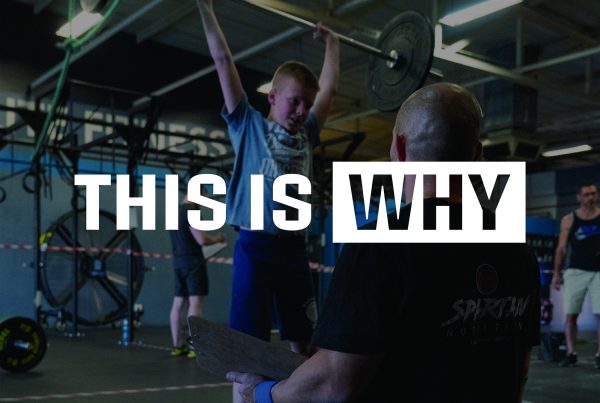The benefits of a good post-workout snack or meal, for just about all body composition and performance goals, is well established. The importance of including a carbohydrate in that snack or meal is just as well established. Fruit is often the go-to source of carbs for post-workout nutrition because it’s convenient and is a whole food. But not all carbs are the same and the body metabolises each type of carbohydrate differently. Because of the way fruit is metabolised, it may not be the best source of post-workout carbs.
Why do you need carbs after training?
During training, working muscles use up blood glucose and stored glucose (glycogen) in muscle or from the liver to fuel energy for movement. Blood glucose and glycogen levels need to be restored for basic bodily functions. Muscle glycogen also needs to be replenished in preparation for your next bout of training, and glucose is essential (along with protein) for protein sparing and synthesis. So you need the carbs to stay healthy, recover from and fuel your training, and to fuel your metabolism.
Not all carbs are the same.
Almost all carbohydrates you consume (fruit, vegetables, roots and tubers, grains) end up as glucose to be used for energy immediately (by organs and muscles) or are stored as glycogen in muscles and the liver for later use. All types of carbs follow a different route after digestion to become glucose or glycogen. How the type of carbohydrate found in fruit, fructose, is metabolised is what I’d like to discuss today.
Fructose
Unlike other carbohydrates, fructose is metabolised in the liver. This means that it takes much longer than other carbs to be turned into glucose. With regards to post-workout nutrition, the macronutrient sources need to be easily digestible and the carb source in particular needs to replenish blood glucose and glycogen levels quick for optimal health and performance. Moreover, liver glycogen is a small glucose storage unit. Excess fructose is therefore stored as fat.
So fructose doesn’t give you the carbs you need when you need them after training, and it’s also more likely to signal fat storage.
Is fruit bad for you?
Not at all, but how much you eat should be based on your body composition, health and physical activity needs. Fruit also comes along with a host of minerals and nutrients, and fibre. So don’t avoid it entirely, just look for better carb sources post-workout.



